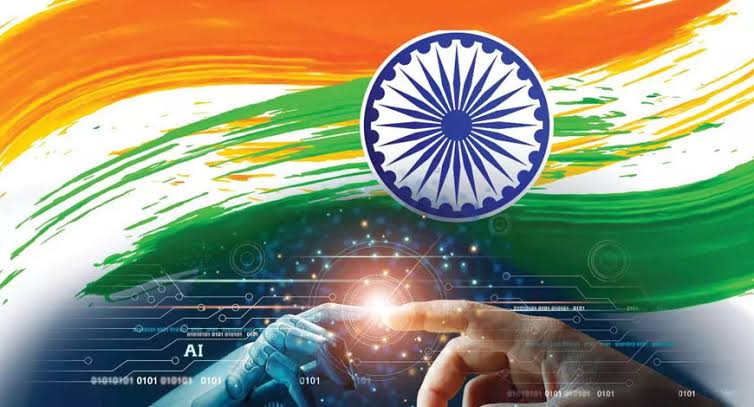The “IndiaAI Mission” has been approved by the Union Cabinet, the highest decision-making body in India, with an initial budget of 10,300 crore rupees ($1.24 billion). Over the next five years, the initiative seeks to foster innovations and entrepreneurs in artificial intelligence (AI).
With the IndiaAI Mission, the nation hopes to give innovators, startups, students, and educational institutions easy access to computing capacity across the nation, which is essential for AI development and deployment. The development was disclosed by Union Minister Piyush Goyal during a cabinet briefing on March 7. The accompanying press release said:
“The overarching aim of this financial outlay is to ensure a structured implementation of the IndiaAI Mission through a public-private partnership model aimed at nurturing India’s AI innovation ecosystem.”
There are seven components to the IndiaAI Mission, four of which are focused on developing AI applications, expediting access to high-quality non-personal data sets, and increasing and democratizing computational power and indigenous large multimodal models (LMMs).
A minimum of 10,000 graphics processing units (GPUs) in an AI computing infrastructure will be utilised to supply vital resources to AI companies established through public-private collaborations. The remaining elements center on developing safety nets surrounding AI developments, funding deep-tech AI firms, and introducing AI educational courses.
India’s Prime Minister, Narendra Modi, said.
“The Cabinet’s approval for the IndiaAI Mission will empower AI startups and expand access to compute infrastructure, marking a giant leap in our journey towards becoming a global leader in AI innovation.”
The Indian government thinks that advances in AI will help to boost the country’s economy and create jobs for highly qualified workers.
India issued a warning to all IT businesses on March 1 to obtain government approval before releasing newly created artificial intelligence products. The ministry continued.
“Availability to the users on Indian Internet must be done so with explicit permission of the Government of India.”
The advise further requested that platforms ensure that their instruments do not “endanger the integrity of the electoral process,” given that summer 2024 is anticipated to see national elections.

